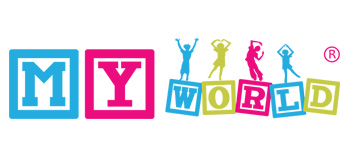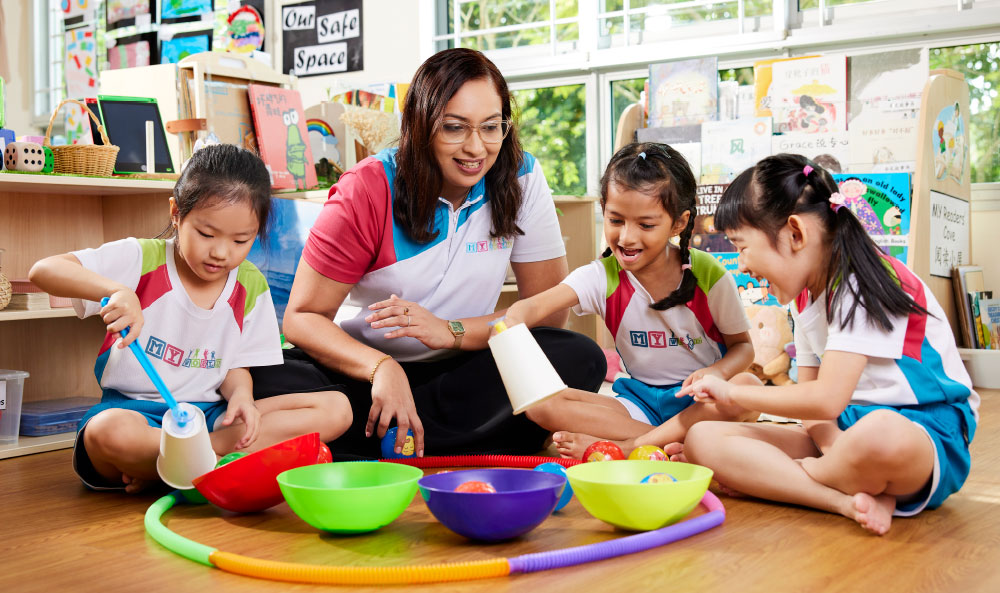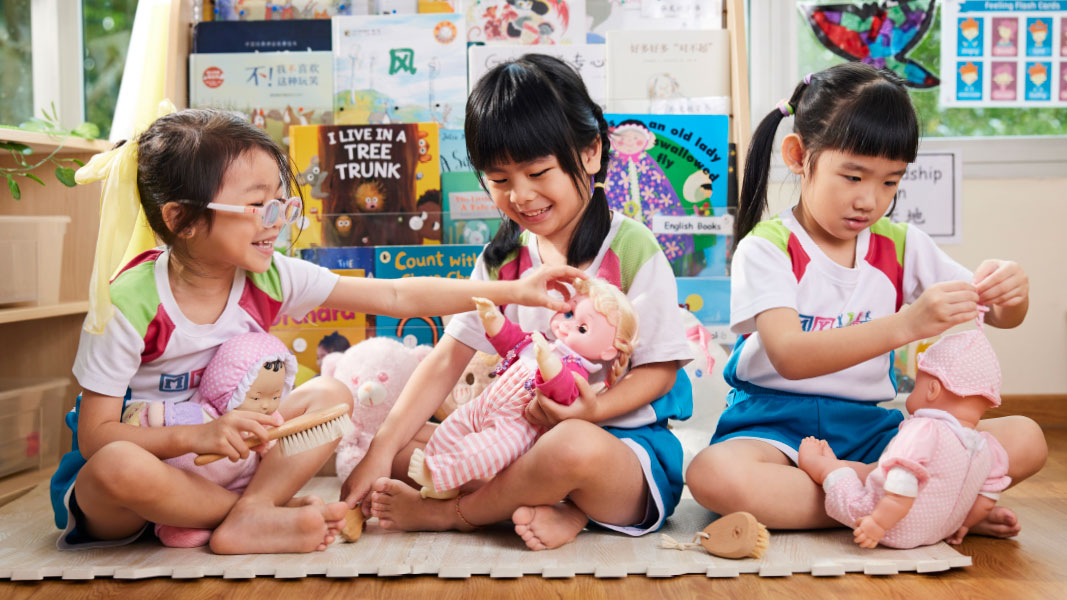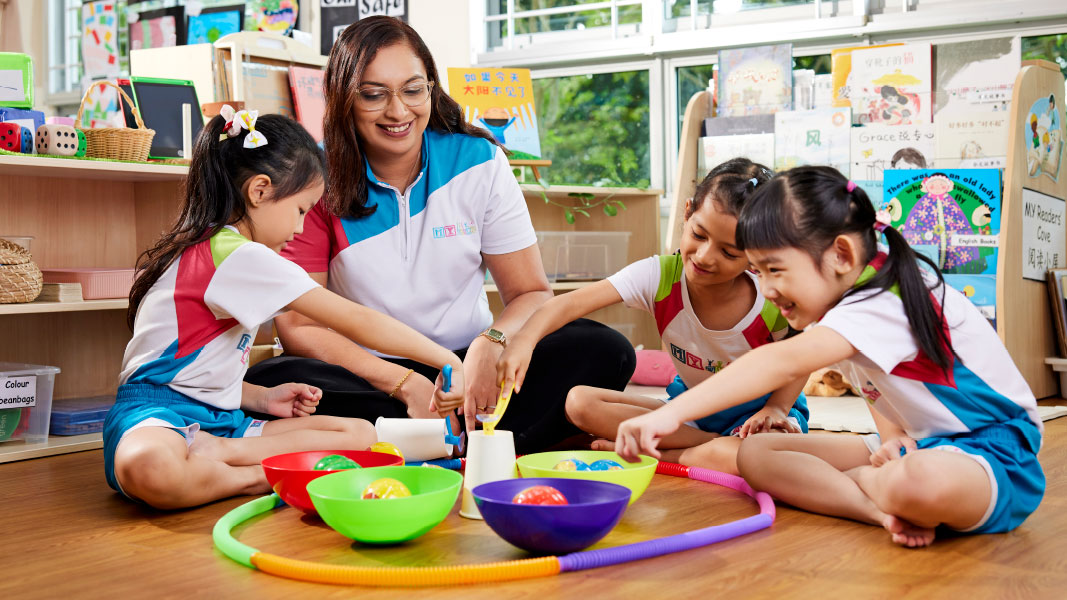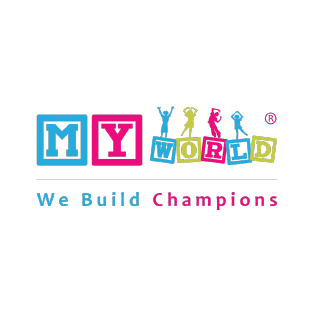IN her 19 years as an educator, Ms Divyaa, 41, observed that children who excelled socially and emotionally demonstrated a greater enthusiasm for learning. Noticing similar traits in her own children, Ms Divyaa, who is now the lead-vice principal at M.Y World @ Upper Serangoon View, developed a keen interest in exploring how social skills and emotional intelligence impact preschoolers’ educational experiences.
According to Ms Divyaa, in the early-childhood setting, social and emotional intelligence encompasses a child’s awareness of their personal identity, including their strengths, likes and dislikes. It involves the ability to identify, express and manage their emotions and behaviours. Additionally, it includes learning to respect diversity, interact harmoniously with others and take responsibility for one’s actions.
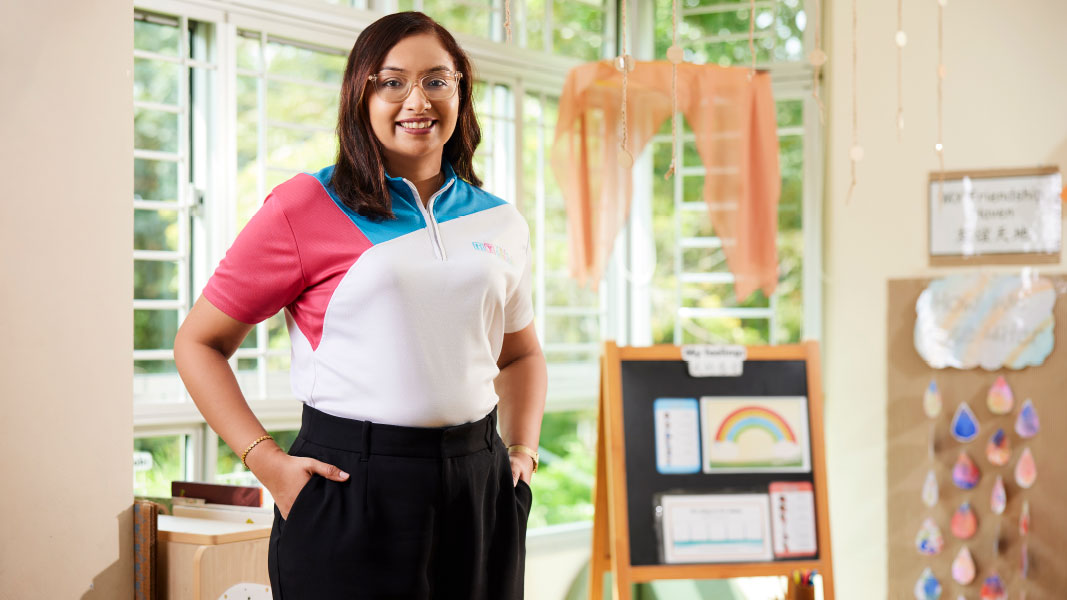
Developing these social skills and emotional intelligence are particular important during the preschool years. “Early childhood is a crucial period for brain development when children are highly receptive to learning and forming habits,” she said. “Developing social skills and emotional intelligence during this time establishes a strong foundation for effective emotional regulation and future interpersonal relationships.”
BUILDING SOCIAL SKILLS
Enhancing children’s social skills requires a strategic approach, said Ms Divyaa. She models emotional intelligence by listening actively to the children, validating their feelings and demonstrating empathy. By observing her actions, children learn the importance of empathetic interactions. Consistent praise and timely recognition further reinforce positive social interactions.
Ms Divyaa added: “Another strategy to encourage communication and language skills is to play simple yet fun word games where children learn to express needs and feelings using appropriate social language.”
By creating an inclusive environment where all children – regardless of their abilities or background – actively participate in activities, it models values such as respect and care. “In my classroom, I incorporate role-playing scenarios and teach children to use ‘I feel’ statements,” Ms Divyaa shared. “This helps them process their feelings and understand each other’s perspectives, which is especially useful in resolving conflicts.
BOOSTING EMOTIONAL GROWTH AT ALL AGES
Even at the pre-verbal stage, young children can be taught emotional literacy through various activities, said Ms Divyaa. “Facial expression matching games, emotion cards, calm-down corners and mindfulness exercises help them identify and regulate their feelings,” she shared. “This early awareness of emotions not only aids in self-regulation but also helps pre-verbal children recognise what others are feeling, fostering empathy and emotional regulation.”
Promoting emotional development in older children can take the form of a buddy system, a method Ms Divyaa has found particularly effective. In buddy-reading activities, an older child reads to a younger peer, and together they participate in various play experiences. Older children also assist younger ones by walking them to their classrooms, guiding them to wash their hands and helping them to put on their shoes.
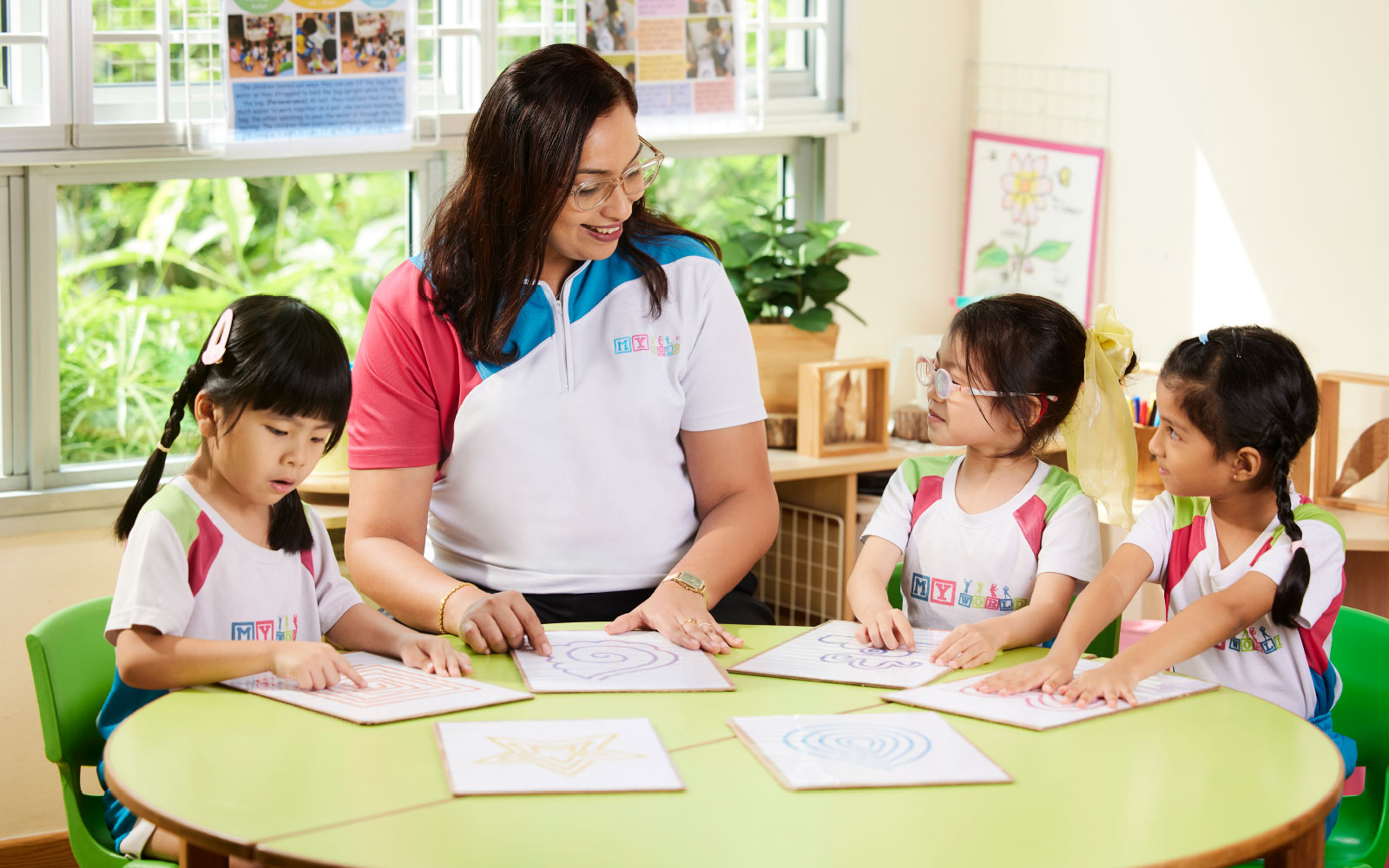

Be aware of your own emotions and how they affect your interactions with children. Model positive social behaviours and emotional regulation in your interactions with children and colleagues.”
“The outcome of these buddy interactions are encouraging,” noted Ms Divyaa. “Younger children feel cared for and supported, while the older children develop a sense of responsibility and leadership.”
“It also provides opportunities for the children to practise empathy in various contexts, fine-tuning their ability to understand and respond to the feelings of others,” she added.
PROMISING RESULTS
Her dedicated efforts have borne fruit, resulting in tangible improvements and positive outcomes in the children’s social and emotional development. Ms Divyaa shared that the centre’s social and emotional learning programmes have helped children communicate their thoughts, collaborate effectively and navigate social interactions. They have also learned to approach conflicts with empathy and developed strong problem-solving skills.

Divyaa has a distinctive personal teaching style, creating plenty of engagement opportunities for children to explore and learn in their formative preschool years. After 19 years as an Early Childhood educator, her passion for shaping the next generation’s future burns brighter than ever.

That is not to say that implementing social and emotional learning programmes are not without its challenges. Children display emotional and behavioural variability, which can sometimes be unpredictable, said Ms Divyaa. They also develop at different rates and have unique needs, which is why Ms Divyaa is cautious about applying one-size-fits-all strategies.
“We try to personalise approaches and provide individual support whenever needed,” she said. “I often meet with the child’s teachers to review and adjust strategies to cater to the child’s particular needs. We also make sure to communicate regularly with parents, to cultivate a positive home-school collaboration.”
For educators aiming to successfully impart social skills and emotional literacy, Ms Divyaa offered this advice: “Be aware of your own emotions and how they affect your interactions with children. Model positive social behaviours and emotional regulation in your interactions with children and colleagues. Take time to reflect on your teaching practices and their impact on children’s social and emotional development. Lastly, collaborate with colleagues to seek clarifications, share strategies and create a supportive network.”
Ms. Divyaa believes her work goes beyond teaching children to manage their emotions and interact positively with others; it is about building a community of compassionate, empathetic and socially adept individuals who are well-prepared for the future.










